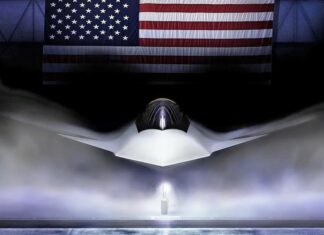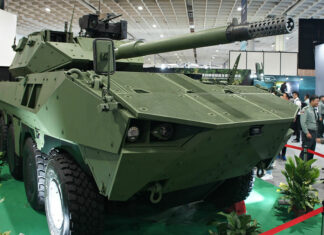
In an unexpected statement 3 May, Australian Defense Minister Stephen Smith announced Australia’s decision to delay its purchase of 12 Lockheed Martin F-35A Joint Strike Fighters (JSF) for at least two years. Minister Smith said he had spoken to US Secretary of Defense Leon Panetta early 3 May regarding this decision with assurances that the delay would in no way affect the US-Australian defense alliance.
Minister Smith added that the delay would align Australia’s JSF delivery schedule to that of the United States in light of the US Department of Defense decision earlier this year to delay procurement of 150 F-35s. Australia’s defense budget will be released next week and this procurement delay is expected to save the government approximately $1.64 billion.
The announcement is yet another piece of bad news for Lockheed Martin. Production delays, massive cost increases, and technical difficulties have plagued the JSF program almost from its inception. Norway, Japan, and Canada have also expressed serious concerns about the program and Italy previously announced a decision to delay its F-35 purchase schedule. Some technical analysts have also criticized F-35 performance and capabilities giving the aircraft unfavorable reviews compared to rival Chinese and Russian aircraft.
Australia’s delay adds additional uncertainty to the JSF program and further aggravates concerns about the aircraft’s eventual cost. Few days earlier details of the Japanese order for 42 F-35A were disclosed with the notification to congres of the Japanese deal. Japan will be ordering only four aircraft, with options for 38 more, to be assembled in Japan. The cost of the total purchase is estimated to be $10 billion.
With a contractual obligation for only the first two F-35As, which have already been delivered in the US for use in training pilots and ground crews, the second batch of 12 aircraft were originally scheduled for delivery between 2015 and 2917 with a follow-on order for at least 58 more aircraft.
Boeing is anxious to sell Australia additional F/A-18 E/F Super Hornets, a proposal Minister Smith has long maintained is a realistic option. Australia now has 71 F/A-18 Conventional Hornets and 24 Super Hornets in service. Smith noted that he felt confident that the nation’s existing fleet of Hornets would be adequate to satisfy air combat requirements until the F-35s are delivered, but he has also left the door open for the acquisition of additional Hornets should that be determined to be in Australia’s best interest.
As a key American ally, Australia and the United States have recently expanded their defense alliance with President Obama’s shift of US attention to the Asia-Pacific region adding to Australia’s importance as a defense partner. The United States is now in the initial phase of stationing 2,500 US Marines at Darwin with further cooperative arrangements a very real future possibility.
Australian Prime Minister Julia Gillard elaborated on Minister Smith’s JSF announcement with comments addressing the government’s proposed defense budget.
Minister Gillard announced that additional cost savings would be realized with the cancellation of plans to procure self-propelled howitzers for the Army, but the government was committed to continuing with its project to acquire 12 new, more advanced submarines as replacements for the existing fleet of aging Collins boats. Initial design and development is budgeted at $214 million with an estimated overall cost of $40 billion.
Funding to acquire a replacement for the Royal Australian Air Force’s Caribou transport aircraft also appears to be intact, good news for the defense contractors seeking a lucrative contract.
While critics have already attacked the spending cuts featured in the defense budget, both Gillard and Smith have defended their position as necessary to ensure the nation can achieve a budget surplus next year. Gillard stated that the national defense would not be adversely impacted by the spending cuts and no military personnel cuts were being proposed.
















